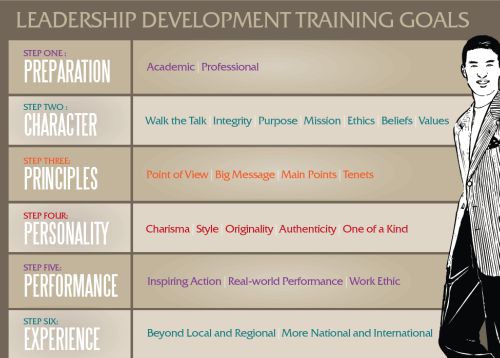With so many startup founders taking the plunge , have you noticed that many of them are twentysomethings? While this is no crime, founders have one flaw usually attributed to man management experience, which needs to be addressed at the start of the business journey. How many startup founders can definitely attest to understanding how to effectively manage employees?. Despite the PR hype and bravado, a common misconception is that business owners know instinctively know how to manage people, and most new to the leadership game make many mistakes that can be avoided with a little prior knowledge and preparation.

Victor Lipman writing in Forbes suggests that most business owners unfortunately learn the hard way as to the best methods of managing people and offers five important things founders need to know before they take on enthusiastic staff:
- Set a tone of authority but don’t come on too strong
- You can’t be everyone’s friend –
- Clear employee objectives can be your best friend
- Create an environment of open communication, where speaking up is OK
- Don’t be afraid to ask for help when you need it, which will probably be often
All of these are great points. Another key leadership trait that is often overlooked, is that of reflection. I think strong reflection is a key prerequisite to one’s professional development. Of all the successful leadership traits one needs to acquire, it is that of reflection that takes the most time and a conscious effort. Many start-ups sometimes find themselves having to pivot, this can only be achieved once the management team have undergone a period of deliberate reflection. Angela Maiers writing in a post titled ‘Reflection: An Essential Leadership Practice’ on switchandshift.com suggest studying the following equation:
Information + Action = Knowledge: Knowledge is the result of information and action. Yet, knowledge of actions taken is still not wisdom. It is in the reflective process that we are able to see if the knowledge used and actions taken have produced something of value and worth.
Thus: Knowledge + Experience + Reflection = Wisdom
Wisdom born of reflection allows us to grow, develop, change, inspire, produce, attract, influence, contribute and teach. I believe that if we can teach ourselves to make reflection an integral part of living and learning, we have done something that makes knowledge deep and lasting.
The infographic below highlights which steps should emerging leaders emulate in oder to become strong and successful leaders. It also highlights which habits and characteristics are the most important to cultivate.
Infographic by Michigan State University, earn your Strategic Leadership & Management Certificate.

Hayden Richards is Contributor of IntelligentHQ. He specialises in finance, trading, investment, and technology, with expertise in both buy-side, sell-side. Contributing and advising various global corporations, Hayden is a thought leader, researching on global regulatory subjects, digital, social media strategies and new trends for Businesses, Capital Markets and Financial Services.
Aside from the articles, interviews and content he writes for IntelligentHQ, Hayden is also a content curator for capital markets, analytic platforms and business industry emerging trends. An avid new media explorer Hayden is driven by a passion for business development, innovation, social business, Tech Trading, payments and eCommerce. A native Trinidadian, Hayden is also a veteran, having served with the Royal Air Force Reserves for the past 10 years.
Follow Hayden on Twitter @HaydenARichards, linkedin.com/haydenhrichards and http://www.scoop.it/u/hayden-richards












